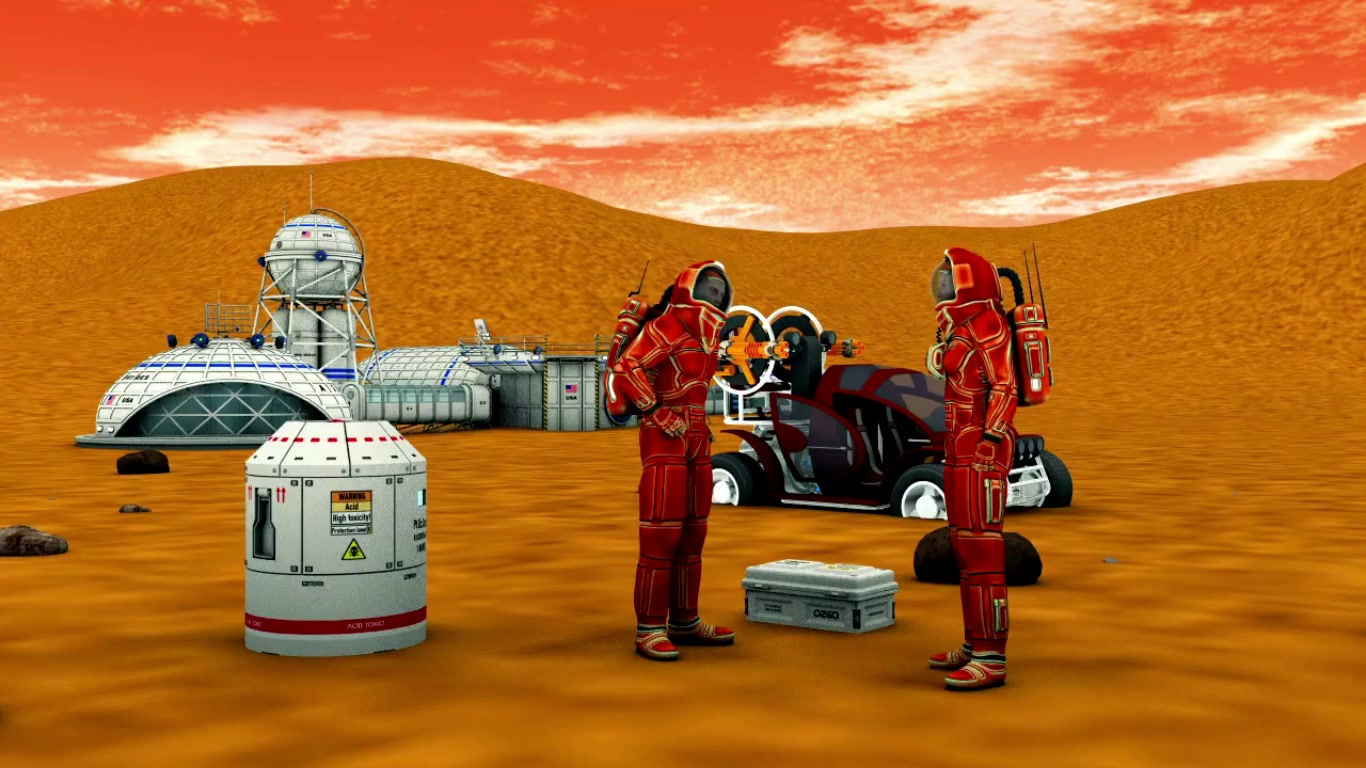

The Gravity Show

Epistemology, as we've seen, is the branch of philosophy that deals with knowledge. It's a combination of two Greek words "episteme" (ἐπιστήμη) or "knowledge" and logos (λόγος) or logic, as in the study of of how something works. So epistemology is the study of how knowledge works. It deals with questions like: How can I know things? Which strategies for acquiring knowledge are trustworthy? What are the limits of knowledge? I mean, can we really know ourselves? Can we even know if we really exist? Presumably we get to know people better through these THE AND card exercises, but, really, do we ever really know each other? Can we ever know if we do really know each other? Can we ever be certain that we know anything? Can we know the answer to any of these questions??? Including that one???
For me, one of the most interesting aspects of epistemology is thinking about different levels of knowing the same thing.
Take gravity. We all know gravity is what's keeping us from floating off into space when we jump. We mostly have some vague understanding of the science behind it. But that knowledge is kinda abstract and vague. We don't usually really feel gravity, feel the fact that we're floating in space somehow glued to a huge ball which in turn is somehow glued to the sun. This is an exercise meant to fix that...
Instructions:
1. Think of a story in which you were in the grips of gravity. Perhaps you fell. Perhaps you rolled down a hill. Maybe you skied down a hill. (I feel like everyone has a rolling down the hill story...). If you think you really don't have such a story, you do. You've been subject to gravity your entire life,
you're subject to gravity right now, and will be for the rest of your life.
2. Read up on what gravity is. Use any source you like, but here's a particularly good one I think if you want to get your physics game on.
3. Tell your story from your past using what you learned. Start with "Once upon a time..." For example, "Once upon a time I rolled down a hill in my friend's backyard" becomes "Once upon a time a curvature in space caused my body to...." RULE: Don't use the word gravity!
4. Start another story about your situation right now. Start it with "And now," like "And now I am glued to my chair working on a philosophy assignment..." except again, include as much information and understanding as you have about gravity. Again, don't use the word gravity.
5. Finally, tell a story about something that's going to happen to you in the future. Start it with "One day I will..." and describe the thing you'll do in the future once again incorporating the fact that that too will be done while subject to gravity. And, you know, don't use the word gravity.
6. After you're done, get up and move around for about 20 minutes (take a walk, dance, do some yoga...) and keep your understanding of gravity front and center of your awareness. Really feel what you learned about gravity the whole time.
7. In a final paragraph, reflect on the whole assignment. What is the difference between how you knew about being subject to gravity at the beginning of the assignment vs. how you know it now? How would you describe the difference between those two ways of knowing?
Is one more "real" than the other? What does it mean to "really" know something? What does "real" mean? Keep your analysis grounded (to use a gravity metaphor!) in this whole reflection. Your whole written reflection should be about 250 words.